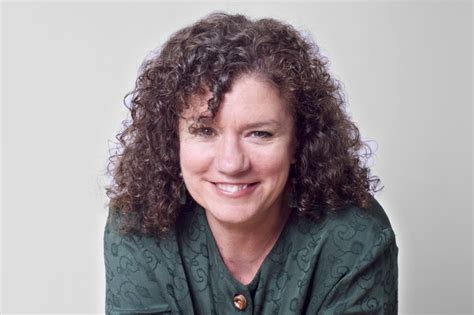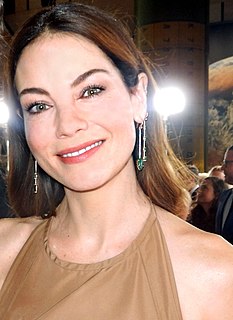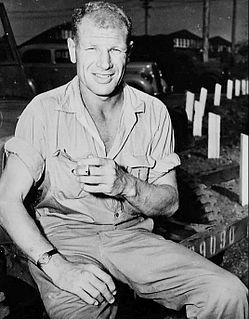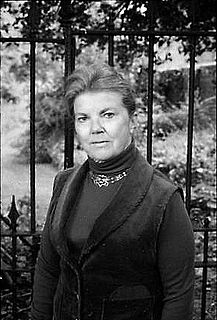A Quote by Constance Hale
Over the course of several articles, I will give you the tools to become a sentence connoisseur as well as a sentence artisan. Each of my lessons will give you the insight to appreciate fine sentences and the vocabulary to talk about them.
Related Quotes
I turn sentences around. That's my life. I write a sentence and then I turn it around. Then I look at it and I turn it around again. Then I have lunch. Then I come back in and write another sentence. Then I have tea and turn the new sentence around. Then I read the two sentences over and turn them both around. Then I lie down on my sofa and think. Then I get up and throw them out and start from the beginning.
Every sentence has a truth waiting at the end of it and the writer learns how to know it when he finally gets there. On one level this truth is the swing of the sentence, the beat and poise, but down deeper it's the integrity of the writer as he matches with the language. I've always seen myself in sentences. I begin to recognize myself, word by word, as I work through a sentence. The language of my books has shaped me as a man. There's a moral force in a sentence when it comes out right. It speaks the writer's will to live.
Writing is linear and sequential; Sentence B must follow Sentence A, and Sentence C must follow Sentence B, and eventually you get to Sentence Z. The hard part of writing isn't the writing; it's the thinking. You can solve most of your writing problems if you stop after every sentence and ask: What does the reader need to know next?
I write lyrics really fast. When it's time to write, I usually put them off until the very end and then when it's time to write I can just sit down: I sing the melody, whatever the melody is, because that's the first thing that's already been there for a long time; I start singing it and I start creating consonants and vowels; then they turn into words; then all of the sudden one sentence will happen; then that sentence will dictate how the rest of the sentences happen.
To give one can of beer to a thousand people is not nearly as much fun as to give 1,000 cans of beer to one guy. You give a thousand people a can of beer and each of them will drink it, smack his lips and go back to watching the game. You give 1,000 cans to one guy, and there is always the outside possibility that 50,000 people will talk about it.
I've always felt for little children because I love the way they fashion sentences - their vocabulary is limited. They have to navigate around to get to the meaning. It's a shame we bypass that when we gain more words. In a way, it's less honest and less direct. It's something that I appreciate about kids, and I will steal from them at will.
Know what makes a sentence more than a random list, practice constructing sentences and explaining what you have done, and you will know how to make sentences forever and you will know too when what you are writing doesn't make the grade because it has degenerated into a mere pile of discrete items.
I have tons of stuff that, you know, seems like it's a well-constructed sentence but it is not how people talk, it's how people write. So that's why I think it's sometimes easier for me to write for actors 'cause I know what's frustrating about, you know, sentences that come out just perfect. Well, who talks like that? And who of us don't overlap each other? Except on the radio, hopefully.






































